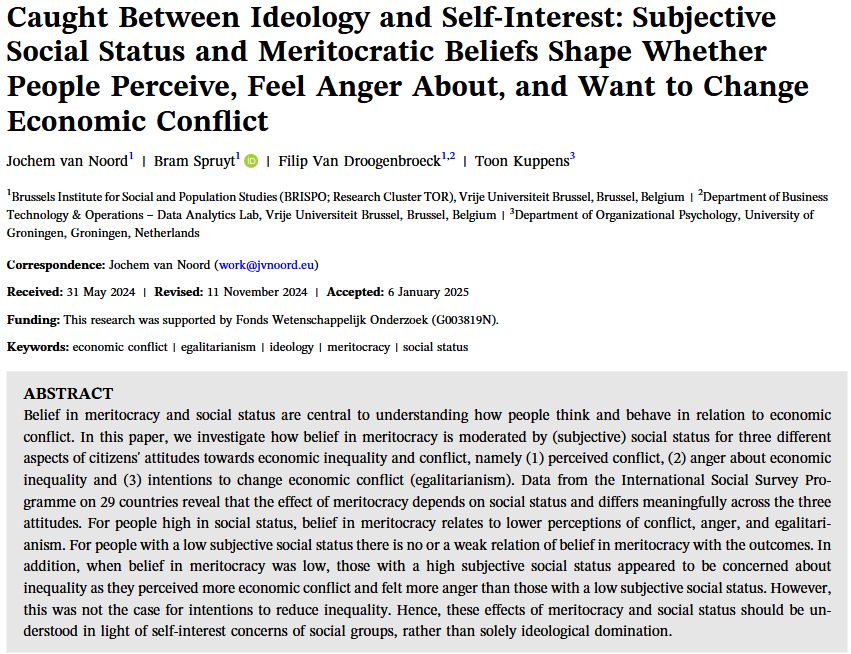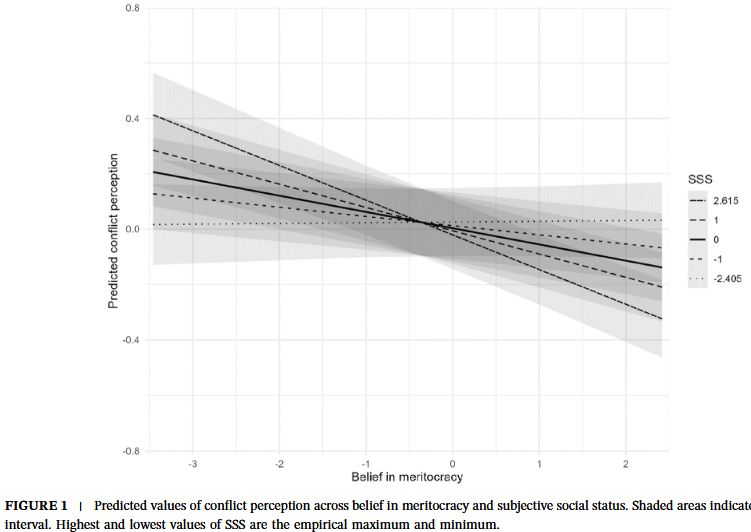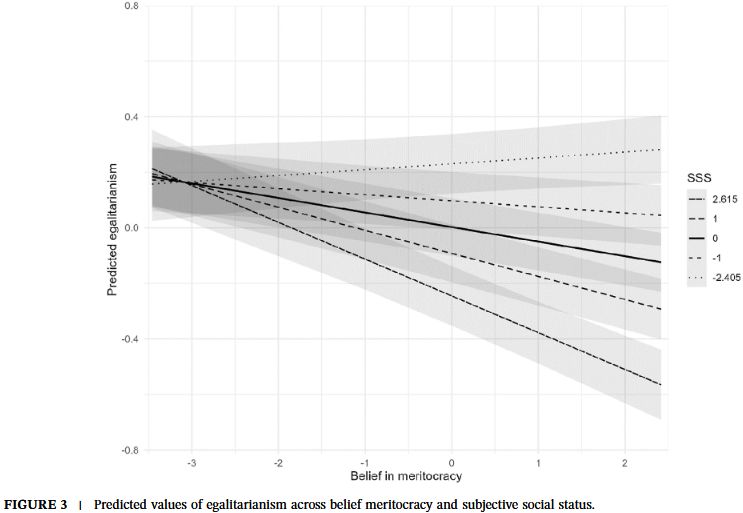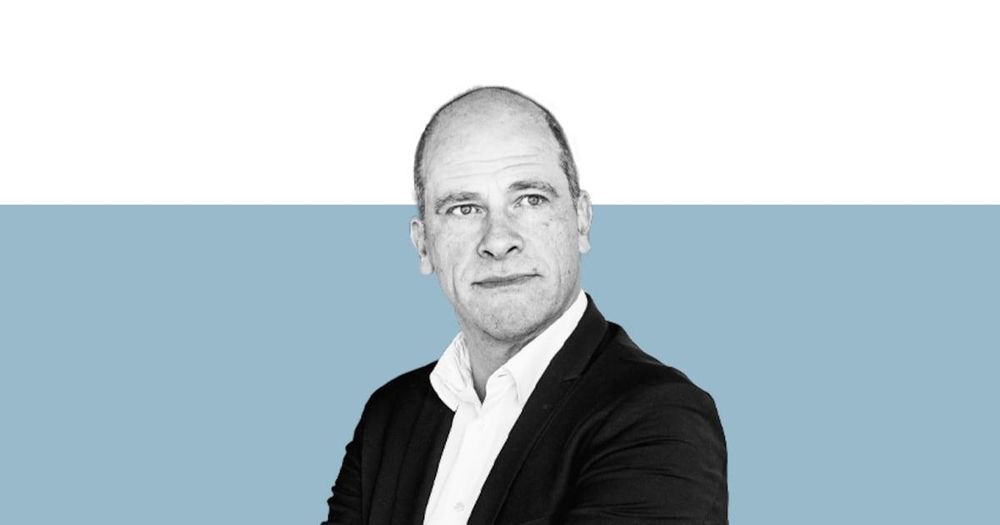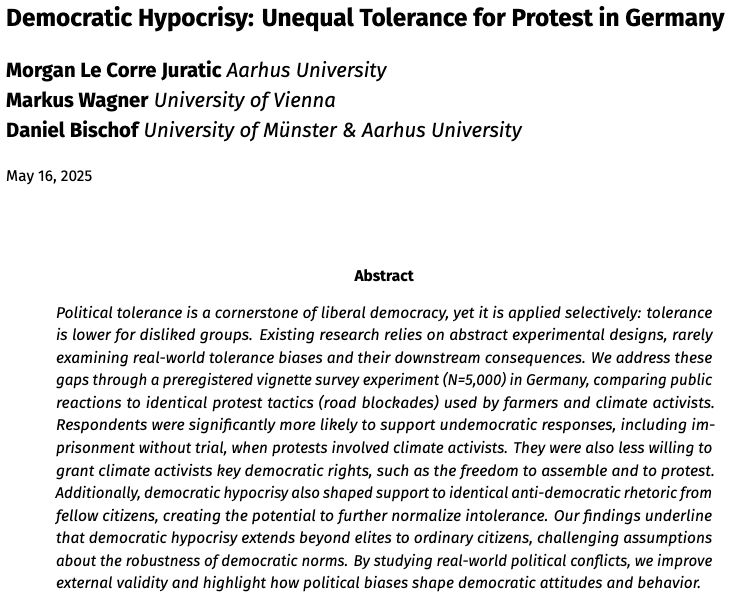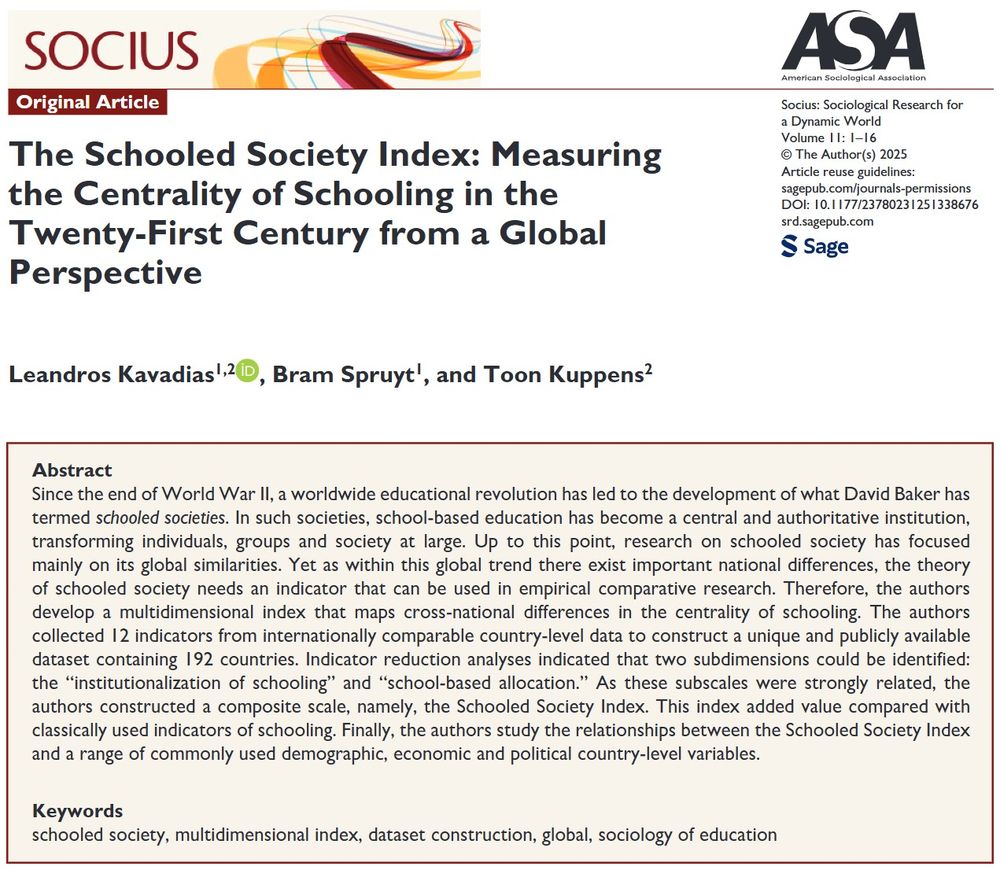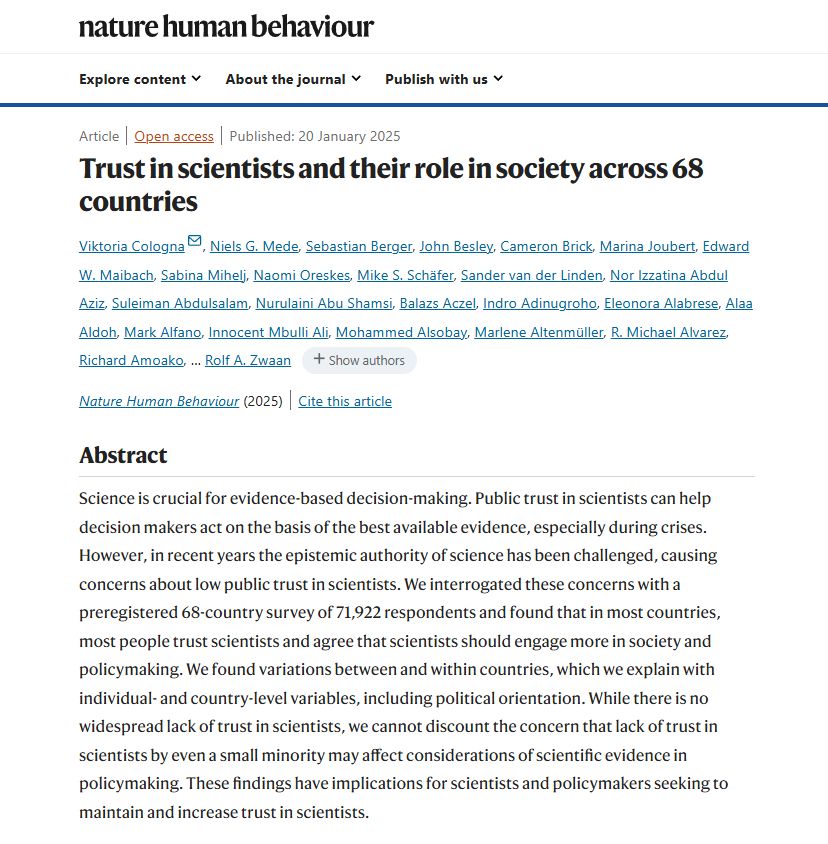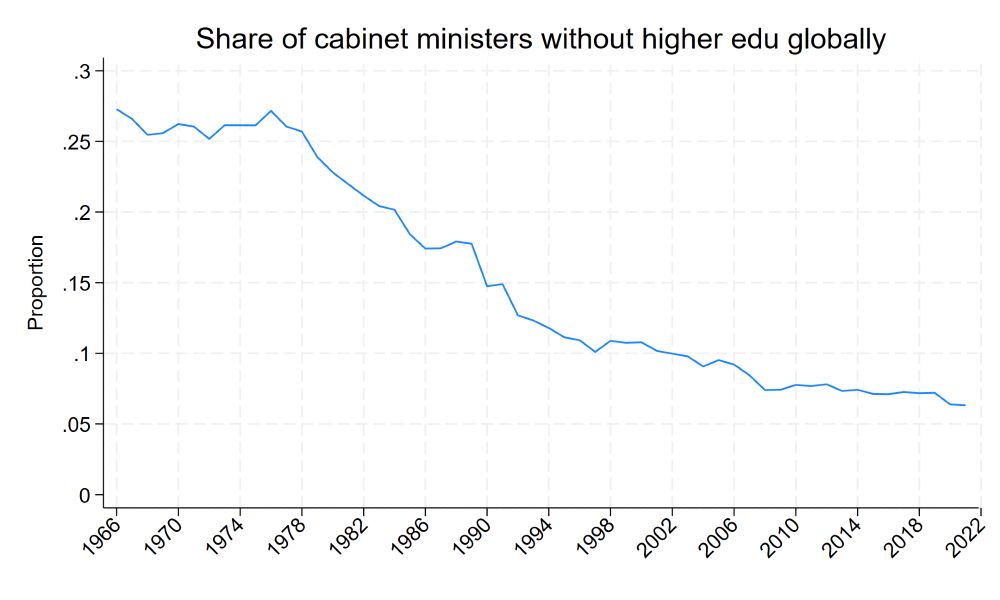Jochem van Noord
@jochemvannoord.eu
360 followers
840 following
12 posts
Political sociologist
education, inequality, politics
http://jochemvannoord.eu
Posts
Media
Videos
Starter Packs
Pinned
Reposted by Jochem van Noord
Tom van der Meer
@tomwgvdmeer.bsky.social
· Jun 13
Reposted by Jochem van Noord
Nils Steiner
@nilssteiner.bsky.social
· Jun 9
Reposted by Jochem van Noord
Reposted by Jochem van Noord
Reposted by Jochem van Noord
Reposted by Jochem van Noord
Reposted by Jochem van Noord
Reposted by Jochem van Noord
Reposted by Jochem van Noord
Reposted by Jochem van Noord
Jochem van Noord
@jochemvannoord.eu
· Mar 18
Jochem van Noord
@jochemvannoord.eu
· Mar 11
Journal of Politics
@thejop.bsky.social
· Mar 11
Jochem van Noord
@jochemvannoord.eu
· Mar 11

Opinie: Hoezo is er geen bewijs voor onderwijsgebonden vooroordelen?
In een column voor de Volkskrant beweerde Sander Schimmelpenninck dat het niet te bewijzen is dat hoogopgeleiden neerkijken op lager opgeleiden. Die stelling negeert helaas vijftien jaar onderzoek naa...
www.volkskrant.nl
Reposted by Jochem van Noord
Reposted by Jochem van Noord
Daniël Boomsma
@danielboomsma.bsky.social
· Feb 11
Reposted by Jochem van Noord
Jochem van Noord
@jochemvannoord.eu
· Feb 7
Reposted by Jochem van Noord
Reposted by Jochem van Noord
Reposted by Jochem van Noord
Reposted by Jochem van Noord

